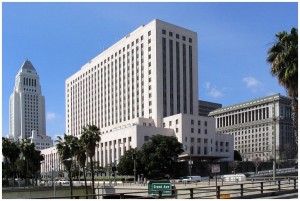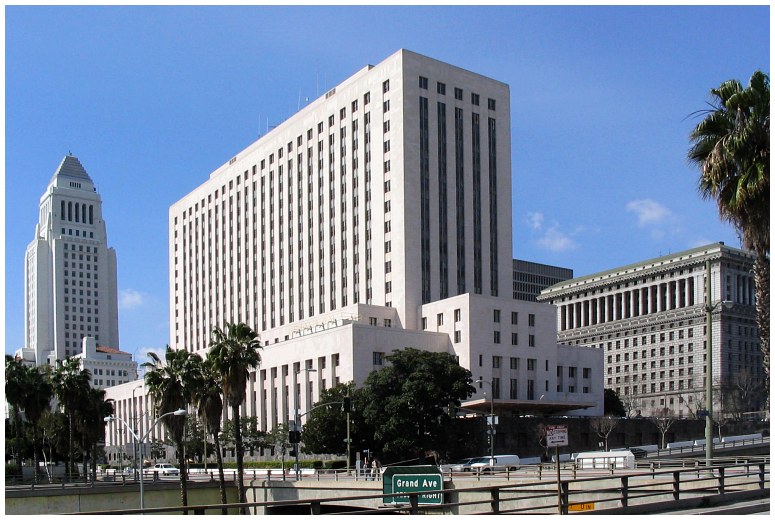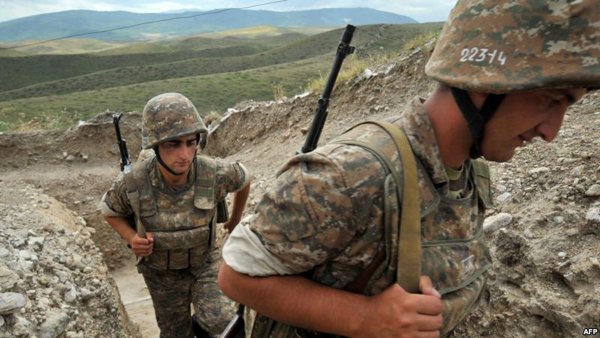

The complaint was filed in U.S. District Court in Los Angeles by attorney Vartkes Yeghiayan. His wife claims she has documents showing that her ancestor, a wealthy Armenian landowner left behind his home, farmland, insurance business when he was forced to escape from Turkey.
The lawsuit filed by two Los Angeles-area residents and a Washington, D.C. man could be the start of a flood of litigation spurred by last week’s ruling by the U.S. 9th Circuit Court of Appeals upholding a California law recognizing the crimes committed against Armenians after 1915 as genocide.
The appeals court reversed its earlier opinion that the state law was unconstitutional because it interfered with the federal government’s power to decide foreign policy matters.
“Now that that obstacle is gone, it definitely opens up the possibility of many more lawsuits being filed” in pursuit of compensation for expropriated property, said Michael J. Bazyler, a Chapman University law professor and an expert on litigation stemming from the Holocaust and other crimes against humanity.
Anais Haroutunian, a 68-year-old Pasadena resident whose grandparents were killed when Ottoman Turks drove Armenians out of ancestral lands, said she has retained her family’s deeds to the 40 acres seized after their expulsion. She joined the lawsuit in hopes of recovering some of the family wealth lost in the genocide.
“I want to do this for our children. It is our civil right to have all these things they took from our family,” the retired tailor’s assistant said, noting there are at least nine living descendants of the family whose seized property is now part of Incirlik Air Base, rented by the U.S. government.
The suit estimates that the three plaintiffs’ share of the base land to be worth $65 million. It also seeks compensation for the profits accrued by the Turkish government and the two banks that inherited the confiscated land, Ziraat Bank and the Turkish Central Bank.
The Turkish government is likely to contest the jurisdiction of U.S. courts in the matter by invoking the Foreign Sovereign Immunities Act. But Bazyler said the law doesn’t protect foreign states from suits over illegal property seizures.
Descendants of Armenian Genocide Victims File Lawsuit Against Turkey Seeking $65 Million For Seized Land
- No comments
- 2 minute read
Open Letter on the Proposal to Rename the Armenia-Turkey Border Crossing After Talat Pasha
We express our deep concern and disappointment regarding the recent proposal introduced…
- MassisPost
- July 3, 2025
- No comments
- 2 minute read
Pashinyan’s Visit to Turkey and Beyond
By KRIKOR KHODANIAN At the invitation of Turkish President Recep Tayyip Erdoğan,…
- MassisPost
- June 29, 2025
- No comments
- 3 minute read
“I Still Can’t Believe What Happened on June 20”
By LUSYEN KOPA Exactly three months ago, I wrote an article titled…
- MassisPost
- June 26, 2025
- No comments
- 4 minute read
Anniversary of the Immortality of the Twenty Hnchakian Heroes
By KRIKOR KHODANIAN 110 years ago these days, the prominent figures of…
- MassisPost
- June 15, 2025
- No comments
- 3 minute read










